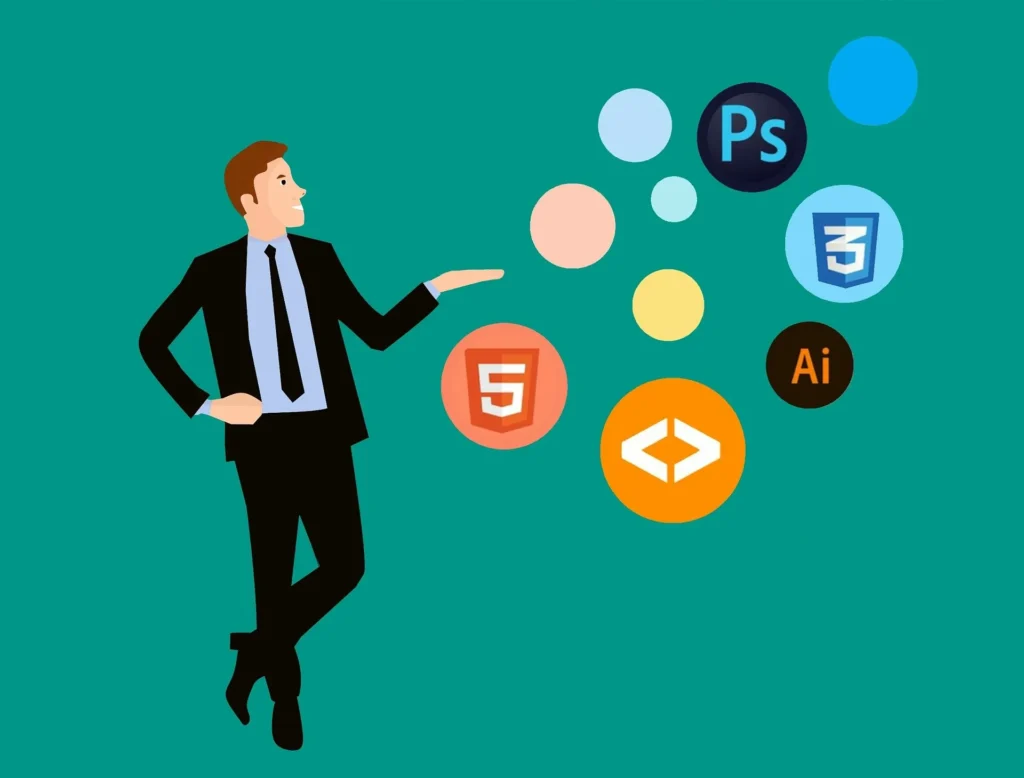Introduction
In the era of web optimization, converting images to WebP format can significantly enhance your website’s performance. The JPG to WebP Converter at WebToolsLab is designed for web developers, SEOs, and content creators looking to improve their site speed and SEO ranking.
Why Use WebP?
WebP offers superior compression methods compared to traditional image formats like JPG, leading to smaller file sizes without sacrificing quality. This results in faster loading times and improved user experience. Here are some key advantages:
- Reduced image sizes
- Maintained image quality
- Better SEO performance
How to Use the JPG to WebP Converter
Step-by-Step Guide
- Access the Tool: Navigate to the JPG to WebP Converter.
- Upload Your Image: Click on the upload button to select your JPG file from your device.
- Choose Options: If available, select your desired output quality or dimensions.
- Convert the Image: Click on the convert button to initiate the conversion process.
- Download the WebP File: Once the conversion is complete, download your new WebP image.
Code Example for Image Optimization
To ensure your images are optimized for the web, you can use the following HTML code example:
<img src="your-image.webp" alt="Description of image" loading="lazy">Pros and Cons of JPG to WebP Conversion
Pros
- Significant reduction in file sizes.
- Improved loading speed for web pages.
- Enhanced SEO benefits due to faster site performance.
Cons
- Limited browser support (though improving).
- Potential quality loss if not managed correctly.
Use Cases for JPG to WebP Converter
- Web developers optimizing website images.
- Content creators enhancing blog performance.
- SEOs improving site speed for better rankings.
FAQs
1. What is the WebP format?
WebP is an image format developed by Google that provides lossy and lossless compression for images.
2. Why should I convert JPG to WebP?
Converting JPG to WebP reduces file sizes, leading to faster loading times and improved SEO.
3. Is there a quality difference between JPG and WebP?
WebP typically maintains a higher quality at smaller file sizes compared to JPG.
4. Does WebP support transparency?
Yes, WebP supports transparency, unlike JPG.
5. Can I convert multiple JPG images at once?
This tool typically allows for single file uploads; check the tool for batch options.
Conclusion
The JPG to WebP Converter is a valuable tool for anyone looking to optimize their images for better web performance. By converting your JPG images to the WebP format, you can enhance your website’s speed, improve user experience, and achieve higher search engine rankings.
